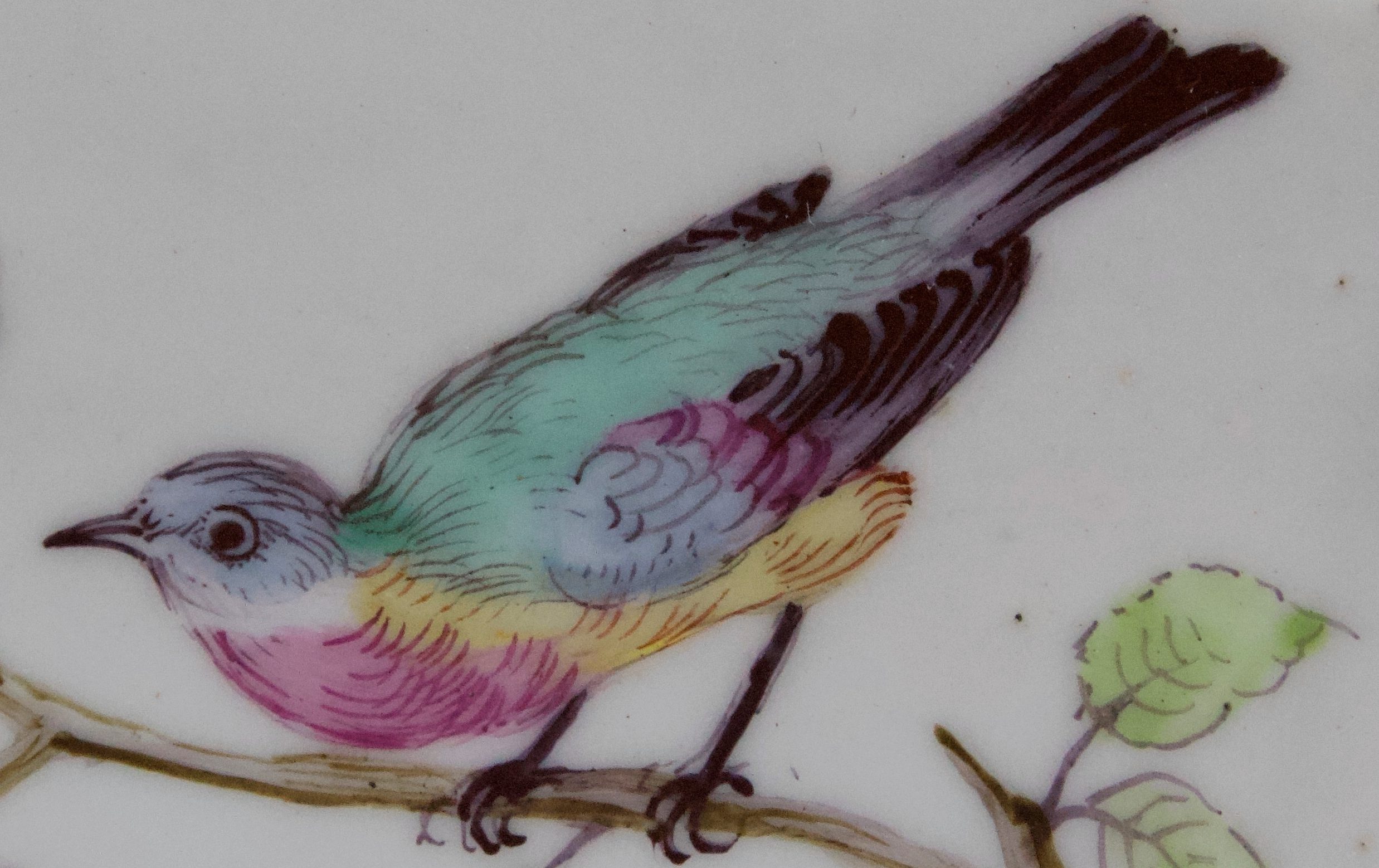A Wedgwood black basalt Spill Vase, first half of the 19th century
This vase was made at the factory of Josiah Wedgwood, Etruria, Staffordshire, during the first half of the 19th century. The applied relief decoration depicts the classical Greek god Apollo and the Muse Erato. Amongst many other things, Apollo is recognised as the god of archery, music and poetry, and here he is depicted holding a lyre, his bow and quiver are also visible. The bay laurel tree with which he is associated is also represented here. Apollo is also considered as the leader of the Muses, the goddesses of literature, science and the arts. Erato, the Muse of love poetry and lyric poetry, is here depicted playing a lyre or a small kithara. The myrtle tree with which Erato is associated is also seen here. A classical band of scrolling flowers, including honeysuckle, is applied beneath the rim.
Impressed WEDGWOOD and the numeral 7.
Condition: Excellent – no damage or restoration.
Dimensions: Height 26.7 cm
The Genius of Wedgwood, Hilary Young (V&A Publications, 1995).
Wedgwood, Wolf Mankowitz (Spring Books, 1966).
Ref. Apollo was a popular figure for Neoclassical artists and designers, and Wedgwood created many versions of the god to be used in conjunction with a variety of shapes, patterns and ceramic bodies. This particular sprigged version of Apollo appears on a pale-blue jasperware vase of circa 1790. See the V&A Museum, London (accession number 3464-1855).

























